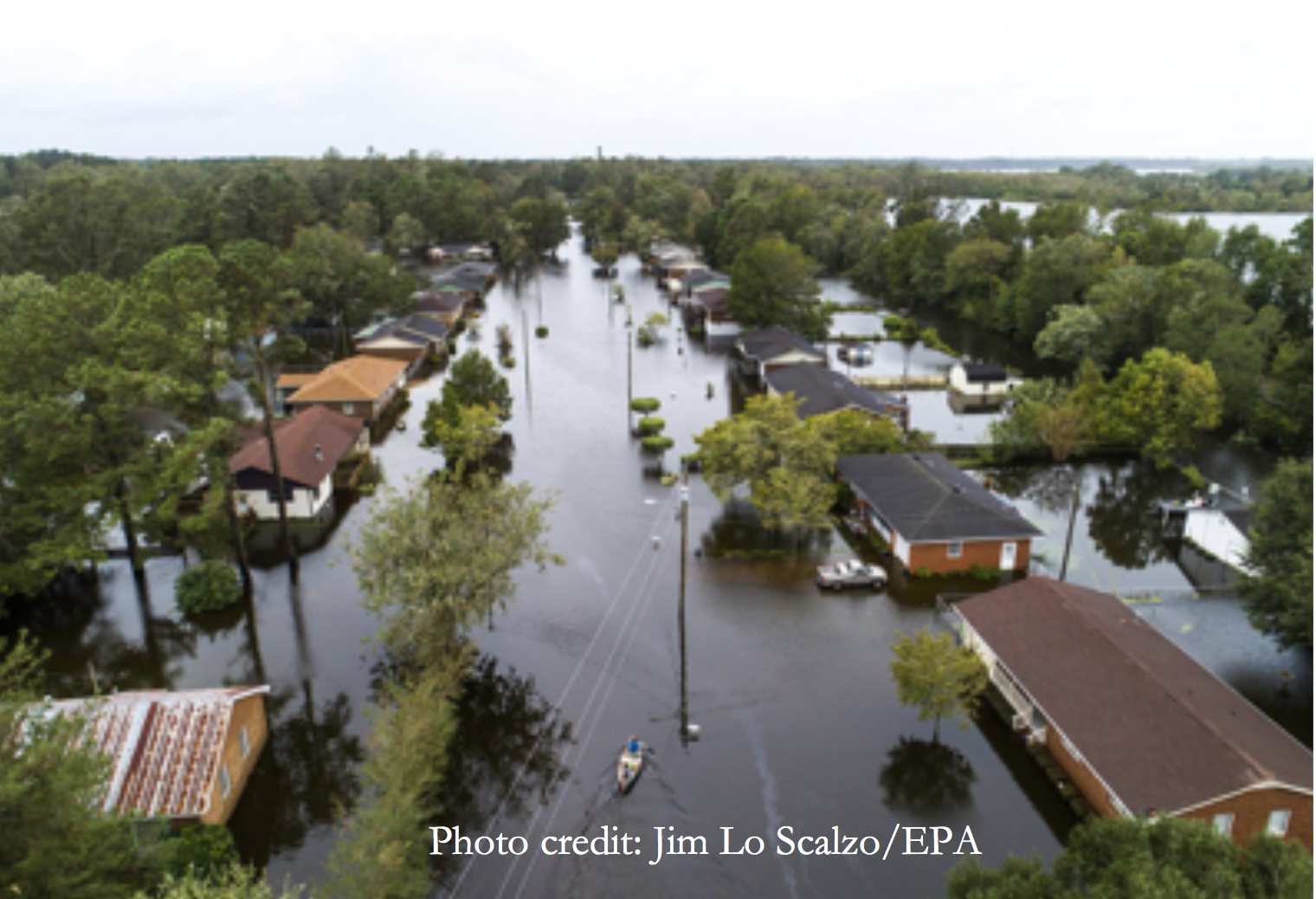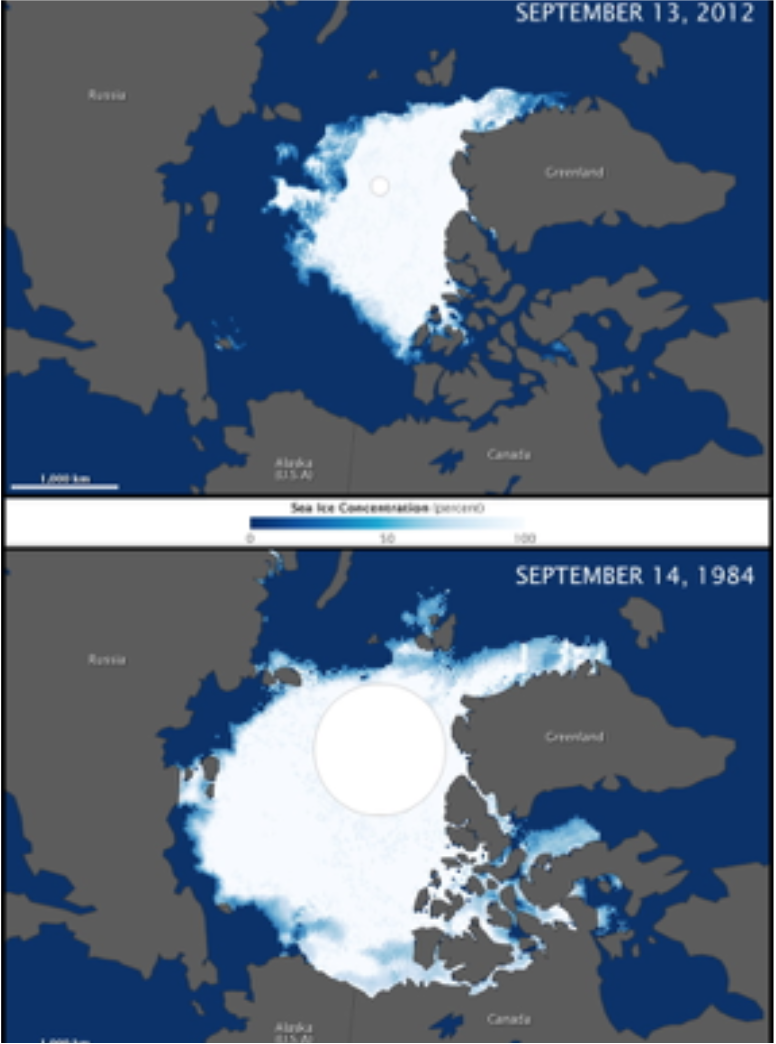OCEAN is the environmental education publication of Safe Harbor, a small environmental consulting collaborative, on Duck Creek Marsh in Wellfleet, on Cape Cod. Our researchers always surprise me with their discoveries: Lindsay Stanton documenting the 42,000 year old reversal of our magnetic field from an ancient buried tree; Tess Holland looked at the counter-intuitive concept of “Ropeless” Lobstering; OCEAN Associate Editor Catherine Urquhart’s troubling research about potential Radioactive discharge into Cape Cod Bay reminded me of when I attended College, where I was the only student using their Isotope Pit, researching biological magnification of Radioactive Isotopes between phytoplankton and zooplankton. Radioactivity doesn't disappear, it Bioaccumulates. Bioaccumulation of Radioactivity was not debatable at the time but maybe things have changed? OCEAN belongs to you, our readers and you have our permission to share. Regards, Gordon Peabody, OCEAN Editor
In Too Close to Home, researcher Catherine Urquhart looks into radioactive discharge.
OCEAN 58 Articles
Safe Harbor Slope Stabilization used in UK
Counterintuitive “Ropeless” Lobstering
Cargo Ships That Can Kite Surf
Oyster Partnership Cleans up Hudson
Too Close to Home
Got Arachnophobia?
Healthier Cape Cod
Feather in the Wind
Impacts of Light on Insects
Alaska Experiences Climate Whiplash
Extraordinary Discovery in Ancient Buried Tree







